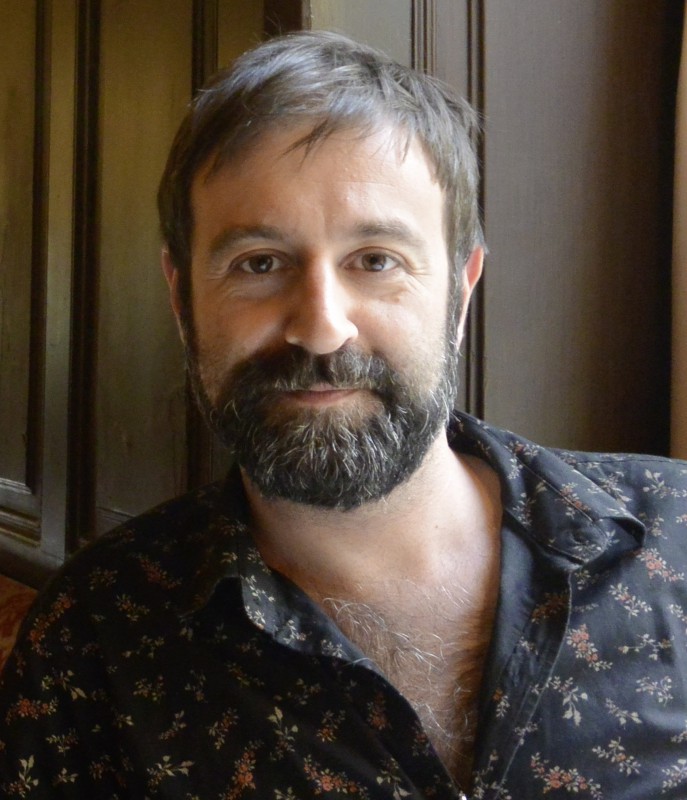KLI Colloquia are invited research talks of about an hour followed by 30 min discussion. The talks are held in English, open to the public, and offered in hybrid format.
Fall-Winter 2025-2026 KLI Colloquium Series
Join Zoom Meeting
https://us02web.zoom.us/j/5881861923?omn=85945744831
Meeting ID: 588 186 1923
25 Sept 2025 (Thurs) 3-4:30 PM CET
A Dynamic Canvas Model of Butterfly and Moth Color Patterns
Richard Gawne (Nevada State Museum)
14 Oct 2025 (Tues) 3-4:30 PM CET
Vienna, the Laboratory of Modernity
Richard Cockett (The Economist)
23 Oct 2025 (Thurs) 3-4:30 PM CET
How Darwinian is Darwinian Enough? The Case of Evolution and the Origins of Life
Ludo Schoenmakers (KLI)
6 Nov (Thurs) 3-4:30 PM CET
Common Knowledge Considered as Cause and Effect of Behavioral Modernity
Ronald Planer (University of Wollongong)
20 Nov (Thurs) 3-4:30 PM CET
Rates of Evolution, Time Scaling, and the Decoupling of Micro- and Macroevolution
Thomas Hansen (University of Oslo)
4 Dec (Thurs) 3-4:30 PM CET
Chance, Necessity, and the Evolution of Evolvability
Cristina Villegas (KLI)
8 Jan 2026 (Thurs) 3-4:30 PM CET
Embodied Rationality: Normative and Evolutionary Foundations
Enrico Petracca (KLI)
15 Jan 2026 (Thurs) 3-4:30 PM CET
On Experimental Models of Developmental Plasticity and Evolutionary Novelty
Patricia Beldade (Lisbon University)
29 Jan 2026 (Thurs) 3-4:30 PM CET
Jan Baedke (Ruhr University Bochum)
Event Details

Topic description:
Inspired by Woodward’s account of causation and explanation and Sober’s conception of the theory of natural selection as a theory of forces, Caponi has recently defended that biology – and, especially, evolutionary biology – is grounded on a “mosaic of invariants”, that is, a net of causal regularities which, although not stable and universal enough to constitute genuine causal laws, may guarantee the explanatory autonomy of this discipline by supporting a number of relevant counterfactuals. In spite of lacking proper causal laws, evolutionary biology is a unitary theory because invariants are, in some sense, unified by other kinds of laws – the zero force laws, like the Hardy-Weinberg equilibrium, and the consequence laws, like the laws of population genetics –, which connect them within a more general theoretical framework. Might the explanatory structure of a hypothetical unified theory of cultural evolution be conceived in a similar way? The goal of my talk is to explore such possibility.
Biographical note:
Lorenzo is currently Assistant Professor of Epistemology at the Federal University of ABC (São Paulo, Brazil) and Researcher at the Institute of Advanced Studies of the University of São Paulo. He holds a Bachelor's degree in Philosophy from the University of Turin (2005) and PhD degree in Philosophy from the University Rovira i Virgili of Terragona (2010), obtained after having followed a postgraduate interdisciplinary programme in Cognitive Science and Language at the University of Barcelona. From 2011 to 2013 he was postdoctoral fellow at the University of São Paulo. His research interests are in Philosophy of Science, Philosophy of Biology and Cultural Evolution.


